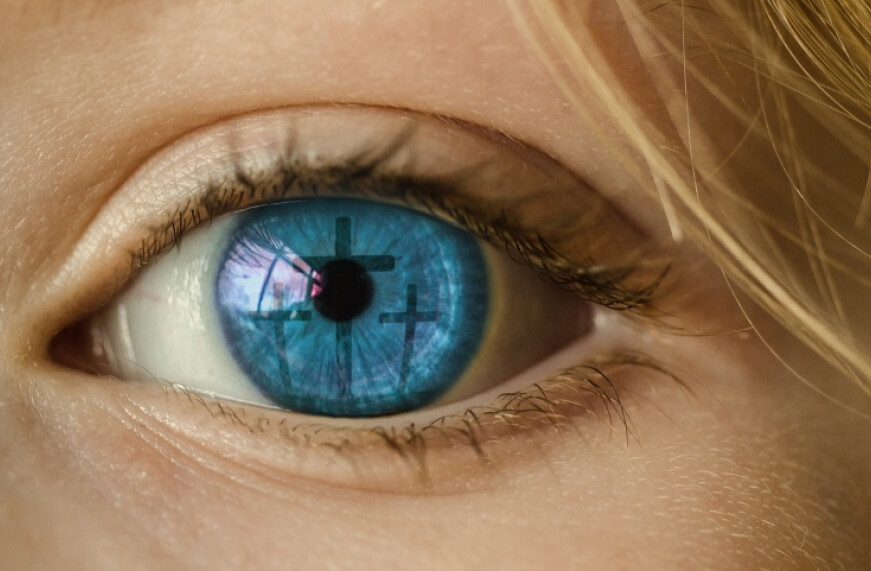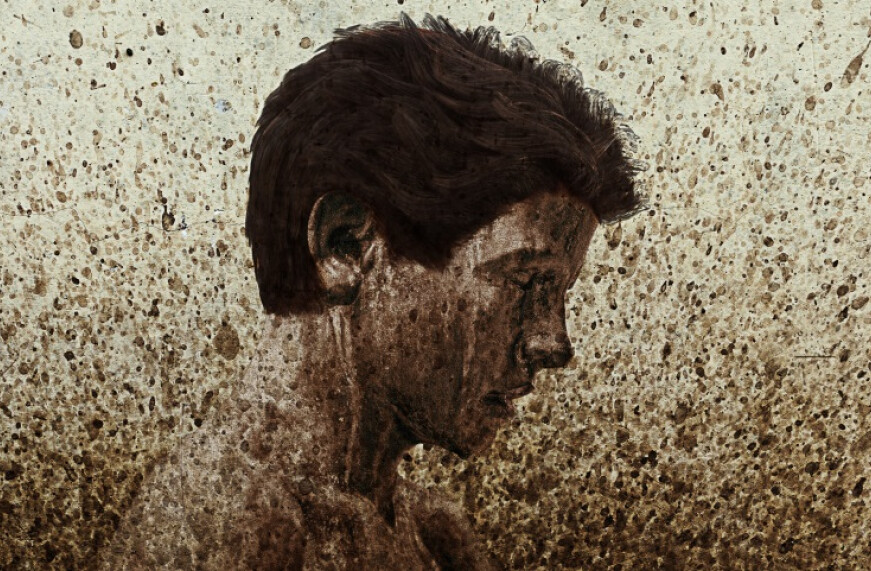Eyelash to Eyelash with God

I don’t know if you have ever been lost. I have had two terrifying experiences with being lost. One when I was a child. Our whole brood of eight children were being taken to downtown Chicago to visit Santa. We came on the train (called the “L”). It stops at the basement floor of Marshall Fields. Santa was on the fifth floor. We all piled into the elevator along with a boatload of people. I am closest to the doors. The doors open on the ground floor, many depart, including me. I was five years old. Next thing I know I am following the river of people out onto State Street. I am in the middle of the street with everyone else, when a firm hand grips my arm, my mother. Somehow, she noticed I had departed and leaving the others, she ran to get me. To this very day, I have a fear of being left.
My second experience was losing my youngest daughter for a very short time in the State fair creampuff building. Like me, she just wandered off into the next building. I quickly found her, but there were painful seconds of pure panic.
Today’s readings resurrected those feelings of being lost and how lost we would be without God. Hearing today’s words from Jesus that we are so valued, removes any fear. In a homily a while ago, I spoke of how Jesus reconciled us to the Father. The word reconcile comes from the Greek expression which means eyelash-to-eyelash. Jesus has brought us eyelash-to-eyelash with the Father. That is how deeply we are loved. Spend a little time this week alone with God. I don’t mean in prayer or even in contemplation. I mean spend a little time eyelash-to-eyelash with God, if you can. See if an intimacy this close doesn’t remove any fear you have, any fear about anything.


